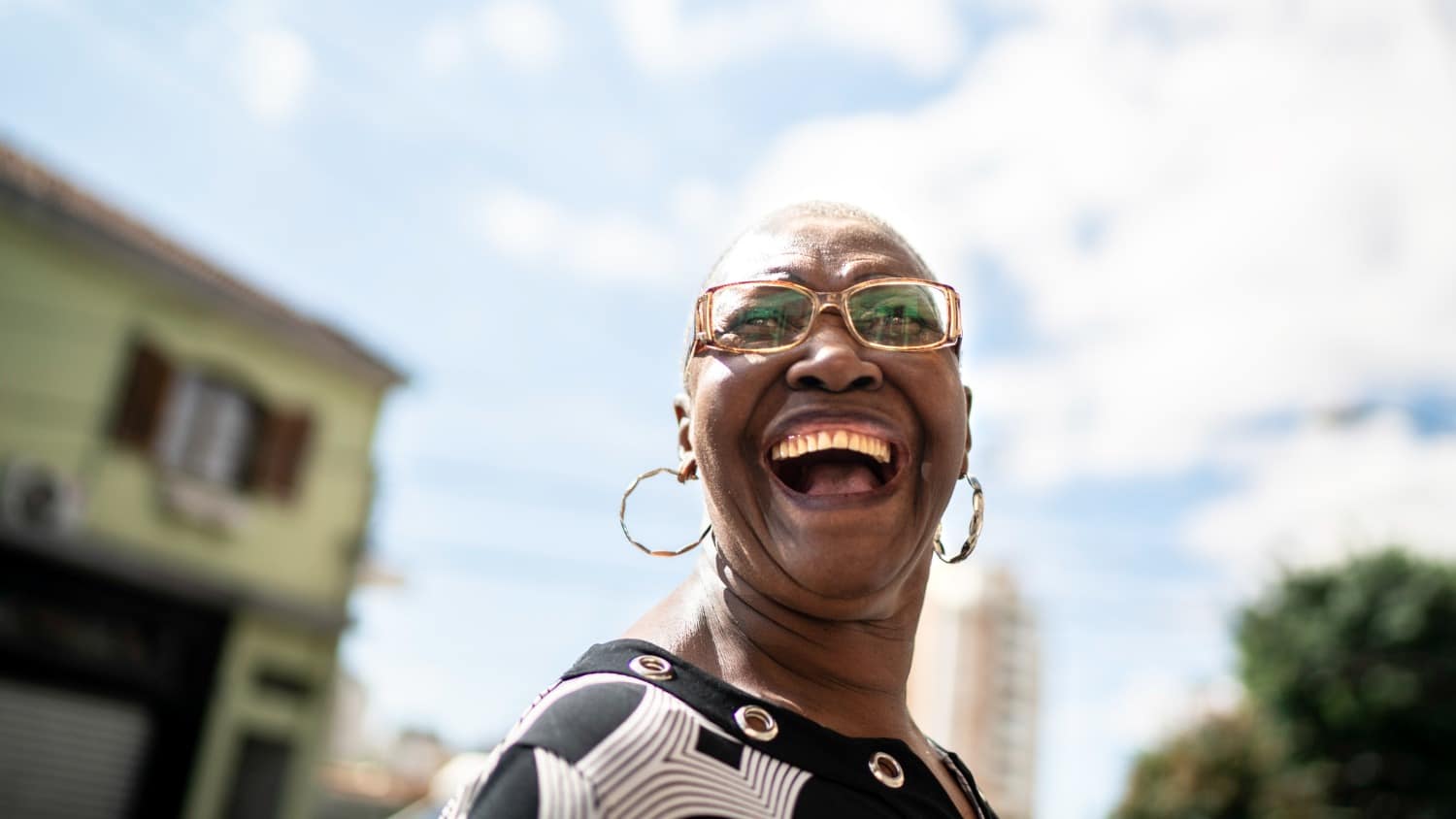Mastering the Delicate Art of Knowing When to Let Go
Learning when to let go is one of life’s most important lessons. Whether we’re leaving a loved one or they are leaving us, there comes a time to make a choice that demonstrates who we are and what we value, regardless of what other people may think.
I have written quite a bit about the grieving process in my own life as I left a marriage, home, and lifestyle I loved only to find that members of my closest family had abandoned me in the process. In religious terms, that is called shunning. In today’s web-connected world, it’s called ghosting.
I vacillated between doubling down on efforts to connect, hoping to force change or enforce my expectations. Fear or anger dominated my decision-making. The harder I tried to connect, the greater the distance grew between us.
The Five Inevitables
According to David Richo, author of The Five Things We Cannot Change, there are five inevitables:
- Everything changes and ends.
- Things do not always go according to plan.
- Life is not always fair.
- Pain is part of life.
- People are not loving and loyal all the time.
Successful people spend their lives in positions of leadership – at home, at work, at church. We guide, train, teach, and release. Wisdom dictates when to hold on and when to let go.
It is different for every person in every circumstance or stage of life. Sometimes people jump ship too soon, and sometimes they stay far longer than they should.
Approaching a Surrender
The first indicator that I was approaching a surrender was that I began to feel victimized and stuck. In the addiction world, we call that ‘hitting bottom’.
The natural response is to fight, flee, or freeze. I did all of those before moving beyond the sorrow enough to engage my brain again and make healthy choices for myself in spite of what I perceive as unfinished business.
Whether you’re struggling with an uncertain future around love, money, lifestyle or health, the recovery stages remain the same. When we’re facing change, our minds can only calculate what we will lose, not what treasures await us on the other side of the leap.
Here are some practical steps you can take to weather the inevitable grief of loss and exhilaration of meaningful change.
Resent
Transformational speaker Kyle Cease said that people don’t break your heart, they break your expectations. After we come out of denial, facing loss makes us angry. Especially if it is the loss of a cherished belief or dream.
Change is hard. Losses are real. Anger is the emotion (Energy in Motion) required to move us beyond the pain. It fuels us to find resolution.
Regroup
Facing the hard question of “should I stay or should I go” can stir fear, insecurities, and anxieties that threaten to overtake us.
We worry about what people think, how we look, and how to navigate new areas we may not have faced before. To ease those anxieties, we may struggle for more control. We want to micromanage the results – anything to keep from feeling powerless.
Deep down, we know that’s not the way life works. This is your time to take a deep breath. Be still and know that sometimes you just have to lean in to your limitations.
Repair
Everything will work out the way it’s supposed to, even though you may not be able to see it yet. Follow your heart to the Promised Land where you forgive yourself and all involved.
Do what you can to live at peace with or without your desired outcome. Be respectful of others and, more importantly, find your self-respect again.
Release
Bury the bitterness and break the rules. Life as you knew it before the divorce, devastation or death is over. You can’t go back to what was; you can only press ahead to what may be.
Just because life knocked you down doesn’t mean you’re stuck there. Sometimes your eyes need to be washed with tears before you can see new possibilities ahead. Don’t settle for less than you deserve. Learn what you can and move on.
How do you know when to hold on and when to let go? When it’s costing you more than you’re willing to pay. We only move when the pain of where we are is greater than the fear of where we’re going. And remember, one person cannot do the work of two.
Do you feel stuck in a mind-numbing job or a dead end relationship? Are you unable to effect a change or be recognized for your contribution? Are you holding out for the financial security of retirement? Do you feel stuck? Do you find yourself nagging, pleading, wishing, hoping or praying incessantly with no change in sight? Please join the conversation below.
Tags Finding Happiness






